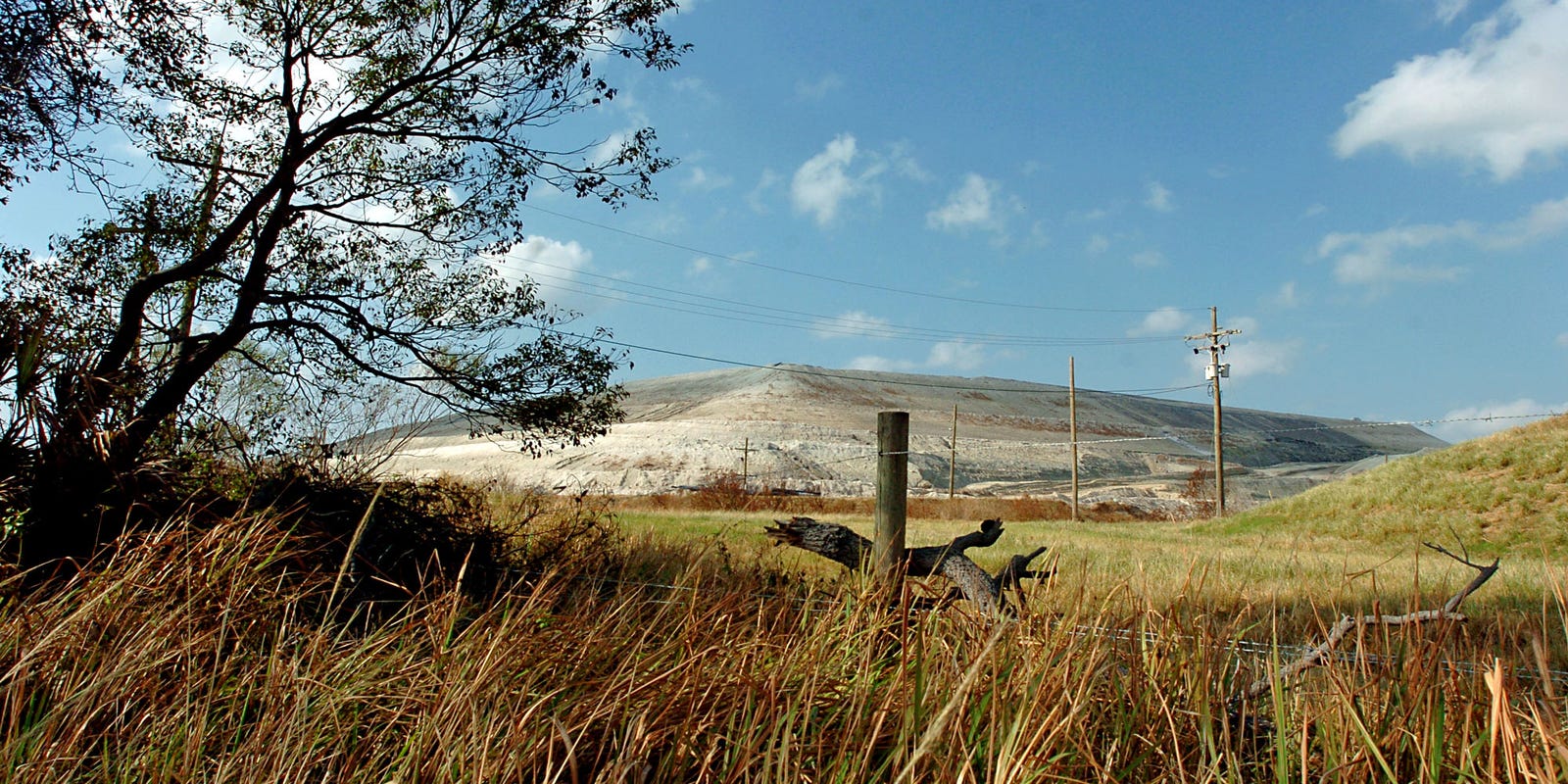Paving the Way or Radioactive Risk? Mosaic's Controversial Road Test Gets EPA Approval

In a groundbreaking move, the U.S. Environmental Protection Agency (EPA) has approved a novel research project by Mosaic Co. that explores the potential of transforming radioactive waste from fertilizer production into a sustainable road construction material.
The innovative study aims to repurpose phosphogypsum, a byproduct of phosphate fertilizer manufacturing, as a potential alternative road base material. This approach could offer an environmentally conscious solution to waste management while potentially reducing construction costs and environmental impact.
Phosphogypsum, which typically contains trace amounts of naturally occurring radioactive materials, has long been considered a challenging waste product. By investigating its potential reuse in infrastructure, Mosaic Co. is pushing the boundaries of waste recycling and sustainable engineering.
The EPA's approval signals a significant step toward exploring alternative uses for industrial waste, potentially opening new pathways for more sustainable construction practices. Researchers will carefully monitor the study to assess the material's safety, structural integrity, and environmental implications.
This initiative represents an exciting intersection of environmental management, waste reduction, and innovative infrastructure development, demonstrating how industrial byproducts might be transformed from potential environmental challenges into valuable resources.
